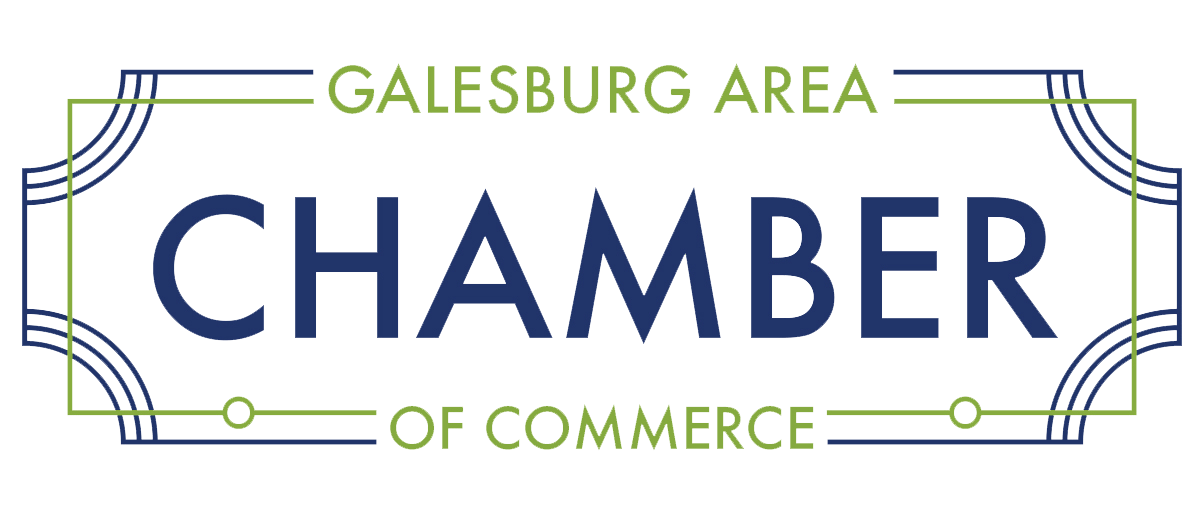Are You Selling What Your Customers Need?
This is not a comment on the actual item or service you sell but in how you present it. If you’re not using your audience’s language and talking to a need they’ve identified, you’re fighting a marketing battle, and you need to change that today. Here’s why:
Years ago, I worked with a client who used a term I had never heard before. She wasn’t selling to NASA or some market ladened in acronyms. It was a common audience, albeit somewhat younger than me. But when she insisted she was the leader of this term, setting the pace for this term, I had to ask her what it was.
She gave me a very simple explanation.
So I, in turn, asked her a simple question—“Is that what your audience calls it?”
Not yet, she answered.
I understood what she was doing—she was trying to differentiate herself in the market by creating a new phrase. But this phrase wasn’t a marketing tag line or the name of her product.
It was simply a more complicated way of explaining what she sold.
Why Complications Don’t Work in Marketing
The problem with what she was doing was that no one was searching for that term. Her intentions were smart—differentiation. But how she was differentiating was using a lot of her prime SEO landscape on a term no one recognized and no one was searching for.
So we ended up adding more search-friendly (and recognizable) words in her headlines and used her differentiator in more of the body content and explanation.
When you are marketing to your ideal audience, you must understand how they search for you and what vocabulary they use. Additionally, if you are serving a localized market, you want to consider the common vernacular and market using those terms. For instance, where I grew up, we referred to sweet, fizzy drinks as soda. On the other side of the state where my cousins lived, it was pop. In parts of the south it’s Coke, regardless of the flavor or kind. You need to take those words into account when selling regionally.
If you want your audience to find you and know what you’re selling, you need to appeal to them using what they know they need and the language they use to voice it. Trying to get them to change how they think of what you sell involves education and education takes time. Initially, that will create a disconnect or friction in the buying process (worse than that, they won’t be able to find you on search).
There’s a Time for Clever
Don’t get me wrong. I enjoy a clever marketing campaign. But if you’re going to be clever, use it in ways that won’t detract from you and your message. Don’t use clever in places that might impede your search. You want that to be as clear as possible.
Clever works well in advertisements because there’s an entertainment component at work. Entertain your audience and they’ll remember you. On the other hand, use a clever title or header description of what you do on your website and you won’t show up in search if your audience isn’t using that term. For instance, if I sold roses my main header on my website shouldn’t be “long-stemmed romance” unless people buying flowers refer to them that way. They don’t. So your poetic, creative mind isn’t doing your wallet any favors.
If you’re selling what your customers need, you should also be using the language they do to find you. Sure, there’s time to educate them on a new term or differentiate yourself in a new way, but that comes later after you build a little momentum.
Christina Metcalf is a writer/ghostwriter who believes in the power of story. She works with small businesses, chambers of commerce, and business professionals who want to make an impression and grow a loyal customer/member base. She loves road trips, hates exclamation points, and is currently reading three books at once.
